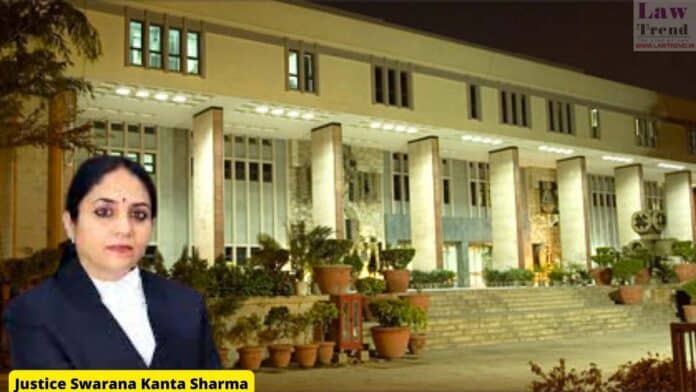In a significant ruling reinforcing the legal protection of sexual autonomy, the Delhi High Court on Wednesday refused to quash an FIR for rape filed by a woman who alleged she was sexually exploited under the false promise of marriage. The Court held that age difference between the parties cannot be a defence when allegations
To Read More Please Subscribe to VIP Membership for Unlimited Access to All the Articles, Download Available Copies of Judgments/Order, Acess to Central/State Bare Acts, Advertisement Free Content, Access to More than 4000 Legal Drafts( Readymade Editable Formats of Suits, Petitions, Writs, Legal Notices, Divorce Petitions, 138 Notices, Bail Applications etc.) in Hindi and English.




